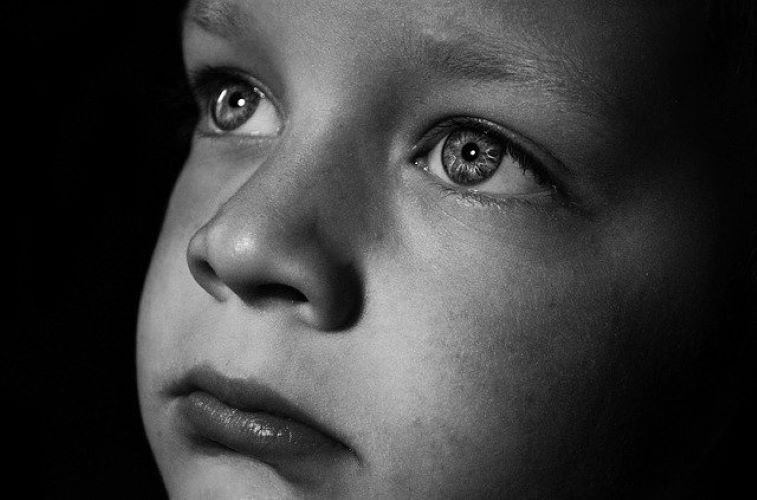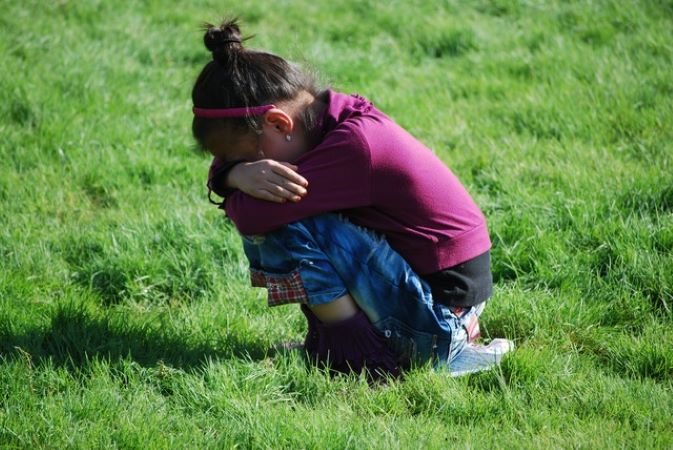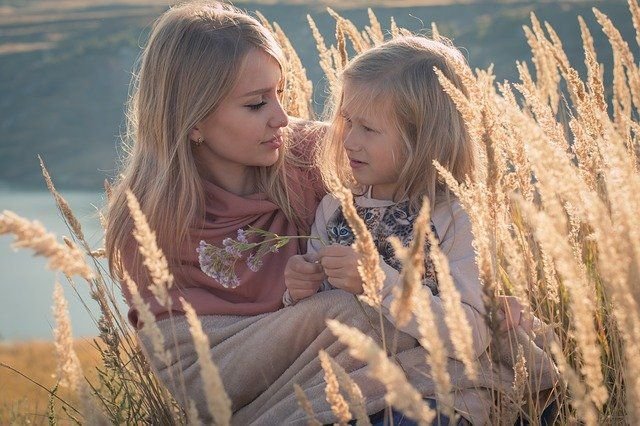Feliz tarde, amigos de Hive. Los saludo con cariño, deseando de todo corazón que se encuentren bien. Hoy quiero abordar un tema, que a mi parecer es muy importante. Espero que les guste.
Happy afternoon, friends of Hive. I greet you with affection, wishing you all well from the bottom of my heart. Today I want to address a topic, which in my opinion is very important. I hope you like it.
 pixabay
pixabay

Una de las cosa mas naturales que nos puede pedir un niño es una mascota. Realmente es muy bonito ver a un niño tan encariñado con su mascota. No obstante, los padres deben tener presente que el vinculo y afecto que desarrollan los niños por las mascotas son sumamente fuertes. Este hecho es muy relevante en la vida de los niños, ya que ellos ven a sus mascotas como sus compañeros leales, sus amigos y hasta sus confidentes. Permitir que el niño tenga una mascota, es una valiosa oportunidad para enseñarles valores como la responsabilidad y la amistad.
One of the most natural things a child can ask for is a pet. It is really nice to see a child so attached to his pet. However, parents should keep in mind that the bond and affection that children develop for pets is extremely strong. This fact is very relevant in children's lives, since they see their pets as their loyal companions, their friends and even their confidants. Allowing children to have a pet is a valuable opportunity to teach them values such as responsibility and friendship.

Los niños que tienen mascotas son muy felices. Sin embargo, cuando por algún motivo la pierden, esto los entristece en gran manera. Y no es para menos, porque hasta los adultos sufrimos mucho cuando se nos muere o se nos pierde nuestra mascota. No obstante, en los niños estos sentimientos llegan a ser tan fuertes que los puede enfermar emocionalmente. Y en ningún momento los padres deben subestimar esta situación.
Children who have pets are very happy. However, when for some reason they lose them, this saddens them greatly. And it is not for less, because even adults suffer a lot when our pet dies or is lost. However, in children these feelings become so strong that they can make them emotionally ill. And at no time should parents underestimate this situation.
 pixabay
pixabay
Fabiola es una niña, a quien tuve la oportunidad de darle clases. Ella tenía un perrito llamado "Tomy". Fabiola se encariño excesivamente con su perrito. Lo bañaba, jugaba con él, en el colegio no dejaba de hablar de él y era bonito escucharla hablar de su perrito. Lamentablemente en una ocasión, el perrito se enfermó y murió. Esto devasto a Fabiola. No había manera de consolarla, porque ella realmente estaba muy afectada. Fabiola comenzó a tener espasmos musculares y de un momento a otro a Fabiola empezó a caminar con dificultad.
Fabiola is a little girl, whom I had the opportunity to teach. She had a little dog named "Tomy". Fabiola became very fond of her puppy. She bathed him, played with him, at school she never stopped talking about him and it was nice to hear her talk about her puppy. Unfortunately, on one occasion, the dog got sick and died. This devastated Fabiola. There was no way to console her, because she was really very upset. Fabiola began to have muscle spasms and from one moment to the next Fabiola began to walk with difficulty.

El problema fue empeorando, tanto así que su mamá decidió llevarla al Doctor. Tras realizarle los exámenes de rutina, todo salió bien, así que la remitieron a un neurólogo, pero este la encontró bien físicamente, así que la refirió a un psicólogo. En efecto, el problema era emocional. La niña estaba pasando por una depresión crónica que le estaba provocando una serie de síntomas que aunque no se reflejaba en los exámenes, eran muy reales.
The problem got worse and worse, so much so that her mother decided to take her to the doctor. After routine tests, everything was fine, so she was referred to a neurologist, but the neurologist found her physically fine, so he referred her to a psychologist. Indeed, the problem was emotional. The girl was going through a chronic depression that was causing a series of symptoms that, although not reflected in the tests, were very real.
 pixabay
pixabay
Tras varias terapias y con medicación de parte de un psiquiatra, Fabiola mejoró gradualmente. Sin embargo, aún recuerda con mucha nostalgia a "Tomy", pese a que han transcurrido tres años. Fabiola tiene once años y desde ese entonces no ha querido tener más mascotas. Lamentablemente, Fabiola no ha sido la única niña que ha pasado por esta situación tan difícil. He conocido muchos niños que
han sufrido un duelo muy intenso tras perder su mascota. Por esta razón, deseo recomendarles a los padres que evalúen bien las emociones de sus hijos y que los enseñen a no humanizar a los animalitos. Cierto, es inevitable encariñarse con las mascotas, pero debemos preparar a los niños de antemano para evitar que ocurran situaciones tan difíciles. Claro esta, cada niño es diferente; de ahí la importancia de que los padres los conozcan bien y los ayuden a tener un punto equilibrado sobre las mascotas.
After several therapies and with medication from a psychiatrist, Fabiola gradually improved. However, she still remembers "Tomy" with great nostalgia, even though three years have passed. Fabiola is eleven years old and since then she has not wanted to have any more pets. Unfortunately, Fabiola is not the only child who has gone through this difficult situation. I have met many children who
I have met many children who have suffered a very intense grief after losing their pet. For this reason, I would like to recommend that parents evaluate their children's emotions and teach them not to humanize the animals. True, it is inevitable to become attached to pets, but we must prepare children beforehand to prevent such difficult situations from occurring. Of course, every child is different; hence the importance of parents knowing them well and helping them to have a balanced point of view about pets.
 pixabay
pixabay
Cabe destacar, que los casos más fuertes que he conocido en este ámbito, se han desarrollado en hogares en donde los padres no les dedican tiempo de calidad a sus hijos y por ende, los niños son más vulnerables y se refugian en sus mascotas. Padres, por favor refuercen las emociones de sus hijos, brindándoles mucho amor, cariño y sobre todo pasen tiempo con ellos. Esto sin duda, será de gran ayuda cuando los niños atraviesen situaciones tristes.
It should be noted that the strongest cases I have known in this area, have developed in homes where parents do not devote quality time to their children and therefore, children are more vulnerable and take refuge in their pets. Parents, please strengthen your children's emotions by giving them lots of love, affection and above all, spend time with them. This will undoubtedly be of great help when children go through sad situations.

 pixabay
pixabay












